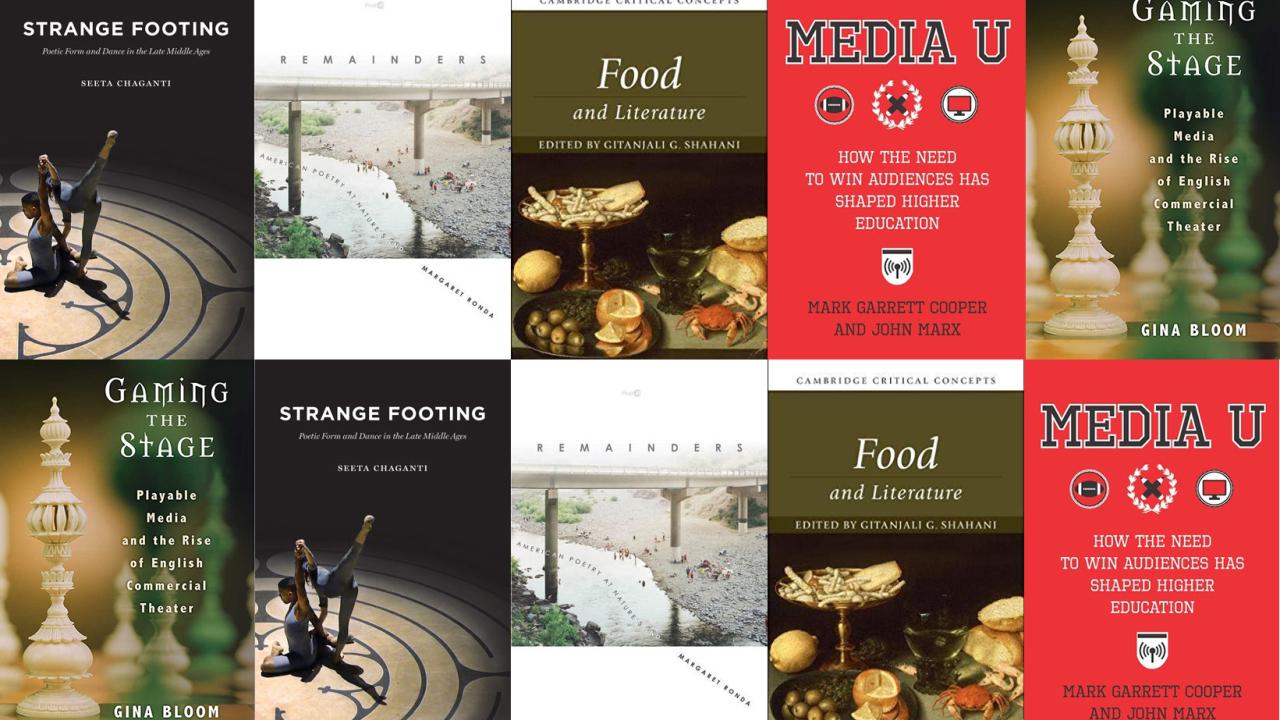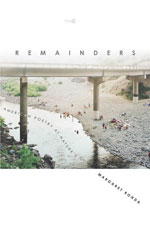
Remainders: American Poetry at Nature’s End
Margaret Ronda, assistant professor of English, goes against the grain in this exploration of ecocriticism, eschewing the narrative forms in favor of postwar poetry. In portraying various forms of remainders — from obsolescent goods and waste products to atmospheric pollution and melting glaciers — the poems convey the ecological consequences of global economic development. From the publisher’s website: “Her method, which emphasizes the material histories and uneven effects of capitalist development, models a unique critical approach to understanding the causes and conditions of ongoing biospheric catastrophe.” (Stanford University Press, March 2018)
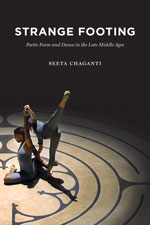
Strange Footing: Poetic Form and Dance in the Late Middle Ages
By Seeta Chaganti, associate professor of English. From the publisher’s website: “Reading medieval poems through artworks, paintings, and sculptures depicting dance, Seeta Chaganti illuminates texts that have long eluded our full understanding, inviting us to inhabit their strange footings askew of conventional space and time. (University of Chicago Press, May 2018)
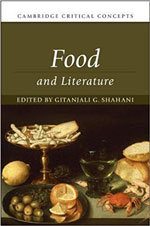
Food and Literature
Contributors include three members of the English faculty: Frances Dolan, distinguished professor (her essay is titled “Toast and the Familiar in Children’s Literature”); Sandra Gilbert, professor emerita (“Inebriation: The Poetics of Drink”); and Parama Roy, professor (“Gothic Vegetarianism”). Taking up maxims such as “we are what we eat,” this volume traces the origins of literary food studies and examines key questions in cultural texts from different global literary traditions. (Cambridge University Press, June 2018)
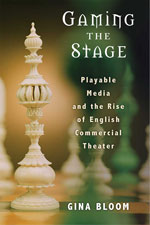
Gaming the Stage: Playable Media and the Rise of English Commercial Theater
Gina Bloom, professor of English, presents the first book-length exploration of gaming in the early modern period, showing that theatres succeeded in London’s new entertainment marketplace largely because watching a play and playing a game were similar experiences. Audiences did not just see a play; they were encouraged to play the play, and knowledge of gaming helped them become better theatergoers. Examining dramas written for these theaters alongside evidence of analog games popular then and today, Bloom argues for games as theatrical media and theatre as an interactive gaming technology. (University of Michigan Press, July 2018)
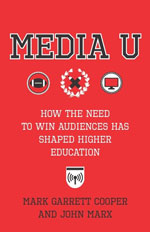
Media U: How the Need to Win Audiences Has Shaped Higher Education
John Marx, professor of English, and Mark Garrett Cooper, University of South Carolina, present a provocative rethinking of the development of American higher education centered on the insight that universities are media institutions. Tracing over a century of media history and the academy, Marx and Cooper argue that the fundamental goal of the American research university has been to cultivate audiences and convince them of its value. (Columbia University Press, August 2018)
